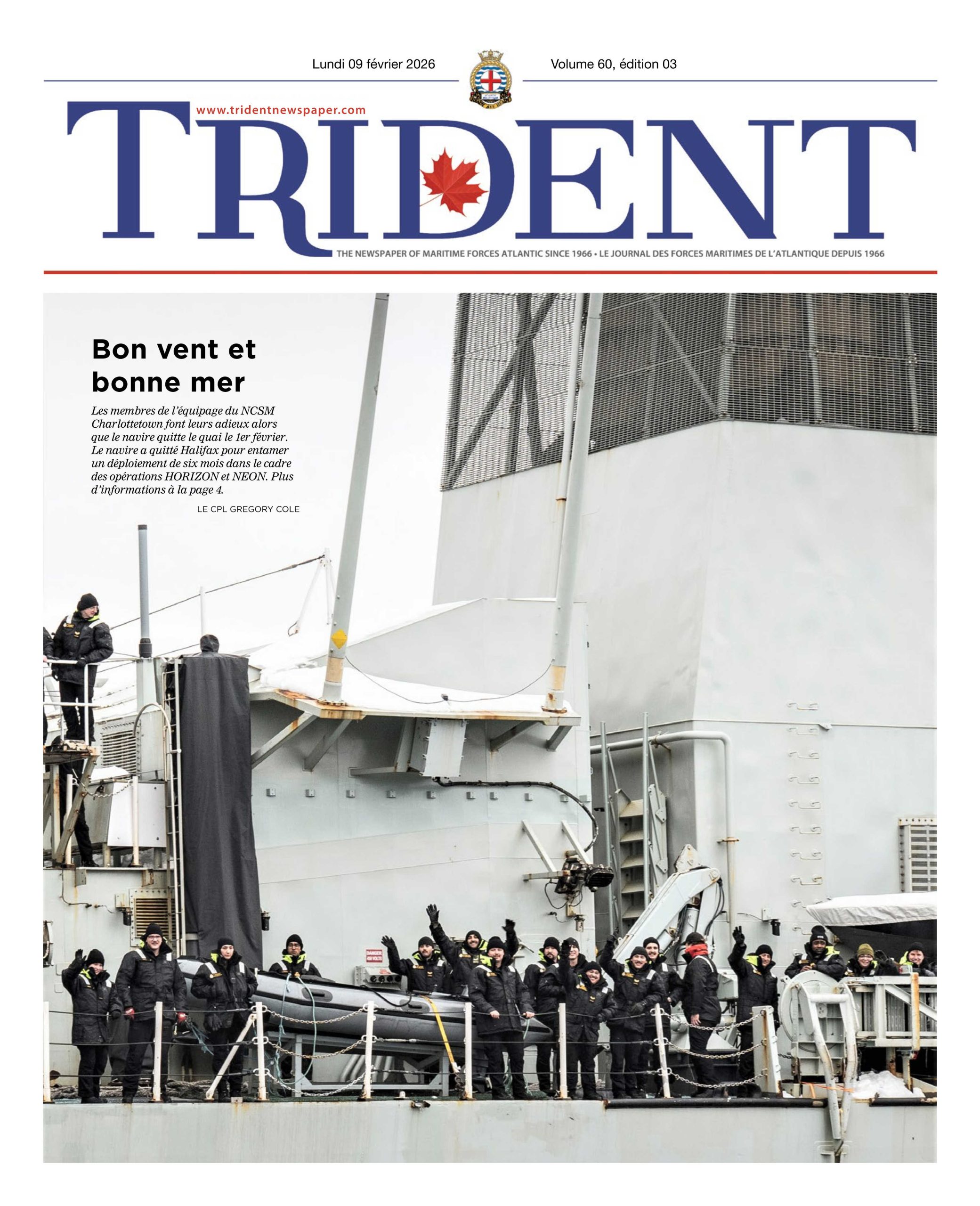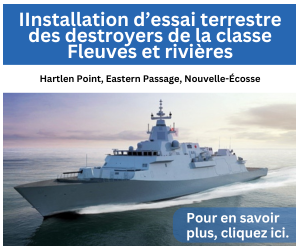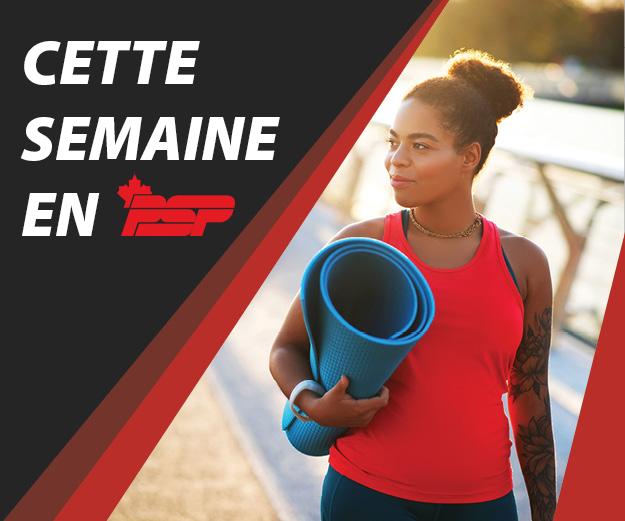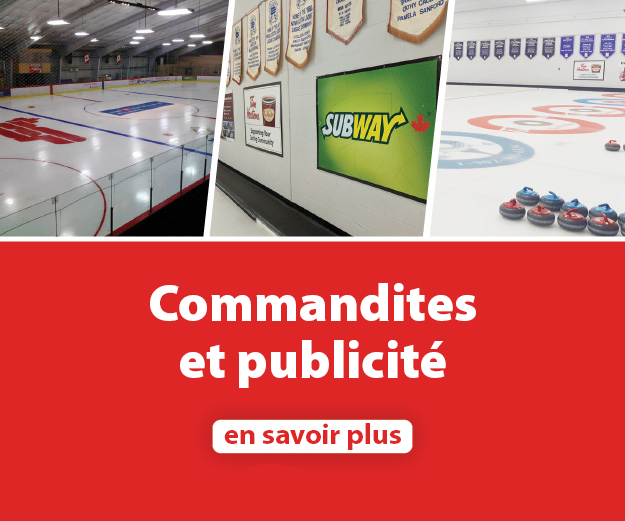Base des Forces canadiennes d'Halifax
PO Box 99000 Stn Forces
Halifax, NS B3K 5X5
CFBH: 1006-1 (BCOMD)
Originally distributed 5 May 2020
All Members of the CFB Halifax Defence Team
HEALTH AND SAFETY CONSIDERATIONS – BUSINESS RESUMPTION PLAN
1. I would like to begin by thanking all members of the CFB Halifax Defence team for the outstanding work that you have been doing over the past several weeks in the shadow of a global pandemic. As a result of your efforts, CFB Halifax has continued to support all its core functions allowing ships to go to sea, army units to deploy and aircraft to fly. I am vividly aware, however, that these can be stressful times. As we begin to look past our current situation and plan for a more sustainable routine with an increased number of personnel being physically present in the workplace, I wanted to reach out and reassure all of you that your safety and wellbeing are at the forefront of everything we do. To that end, please find below some of the measures that have been implemented or will be adopted to help ensure that you feel safe to return to the workplace when the time comes.
2. Over the past several weeks, we have been working very closely with the Base Surgeon, RP OPS, the Directorate of Force Health Protection (DFHP) and MARLANT Safety and Environment to develop COVID-19 public health measures, personal protective equipment protocols, and heightened cleaning routines. Medical experts are confident that if we stay at home when we are sick; ensure physical distancing of two meters; practice respiratory etiquette (coughing into our sleeve or tissue); wash our hands frequently; and avoid touching our faces unless our hands are clean, the risk of infection from COVID-19 is LOW. Although contracted cleaners have increased the cleaning of high-touch surfaces (door knobs, light switches, handrails, etc.), each of us have a responsibility to contribute to a heightened state of cleanliness. All workplaces will have hand sanitizer, cleaning supplies and disinfectants readily available to assist in this regard.
3. The Formation has already provided safety guidance and protocols through various COVID-19 communiques and other means, and will continue to do so as necessary to keep everyone informed. This information is available on the MARLANT homepage, with much of the information also located on the CFB Halifax Facebook page. You are strongly encouraged to become familiar with this information. It is recognized that CFB Halifax is a very diverse work environment and various health and safety protocols will need to be employed depending upon your individual work site. In general terms, the Base can be broken down into three basic types of work environments: 1) Operational/Industrial; 2) General Office; and 3) Customer Service. In the weeks to come, detailed Business Resumptions Plans (BRPs) will be developed in close cooperation with Workplace Health and Safety Committees (WHSC). The foundational principles of these plans are contained in the attached annexes.
4. As CFB Halifax serves a diverse mix of Integral and Lodger Units, the return to our normal operational support outputs will follow a phased approach, which is in line with our customer base and the overall guidance provided by provincial and Base health authorities. Recall that Operation LASER, DND’s Pandemic Response, has 4 phases. This letter focuses on phase 4, the recovery portion, and breaks the process into 4 steps, as follows:
- 4A. REASSURE – Ongoing Activities in anticipation of reduction in Health Emergency Restrictions. This reflects our current level of output to sustain our core and emergency services (approximately 15% of our workforce).
- 4B. RESTORE/RETURN – Activities focused on setting conditions for sustained operations, phased in as Health Emergency Restrictions are further reduced. The Base will look to expand capacity up to 50% should the demand require such an effort.
- 4C. RESTORE/RETURN – Sustain operations based on conditions/tasks, phased in as Health Emergency Restrictions are further reduced. This will step closer to 75% of our workforce output, and could involve shift work and an expanded workday where needed to ensure proper distancing and other measures are observed. This will require flexibility and potential short-term accommodations for those who have underlying health concerns or are challenged due to their current family care plan.
- 4D. RESUME – Normal operations Post-Pandemic, to be phased in as the Health Emergency is ending. The final phase is a return to full employment and would reflect a normalised state where all temporary precautions and restrictions are removed. However, even in this final phase, I expect that some basic measures with respect to how we conduct our business will remain.
- CFB Halifax is critical to the defence and security of Canada. For this reason, we need to continue to operate in a safe and focused manner despite the ongoing health crisis. Communication throughout will be important, so please do not hesitate to bring any concerns that you may have to the attention of your respective supervisors. Every single member of our CFB Halifax Defence Team has a role to play to support our readiness to serve where needed, and your efforts at this unprecedented time have certainly not gone unnoticed. Please know that your continued perseverance, patience and hard work are very much appreciated.
D.E. Mazur
Captain(N)
Base Commander
Annexes:
Annex A – Operational/Industrial Areas
Annex B – Office Environment
Annex C – Customer Service Environment
Annex A – Operational/Industrial Zones – 05 May 2020
General Principals – The following measures will be applied on top of existing advisories, hygiene habits, and increased cleaning routines in high traffic areas. Common elements to this annex will include a morning employee health screening with supervisors, and a comprehensive communication plan to include posting of signs. Employees who can complete assigned tasks at home should continue to do so to the greatest extent possible. At no time will guests be permitted in the workplace. Finally, managers at all levels must understand the family care situation of each employee. Factors such as child care and vulnerable family members must be considered.
Base Security – Gates will increase the use of temporary guard shacks to provide adequate barriers to security staff when verifying ID for foot traffic. To manage flow of personnel, gates with two sidewalks will be clearly marked and dedicated “In” or “Out” Only. Where gate access does not permit Physical Distancing (PD) of two meters, additional staff will be employed to assist in managing the flow of foot traffic during peak periods, until gate modifications can be made to better support PD. Employees wearing non-medical masks may be requested to remove their mask for proper identification as long as PD of two meters is maintained. ID and Parking Control offices will limit the number of clients to one at a time and will be served from behind protective Plexiglas.
Warehousing & Transportation Operations – Staffing levels will be largely determined by customer demand. Warehouses/Buildings will implement strict work flow directions to maximize the ergonomics that support PD of two meters. Cleaning Parties will be organized to augment existing contract cleaning services and will focus on high traffic/touch area. Lunch and breaks will be staged to support new maximum capacity levels in lunch and break rooms. Plexiglass will be installed at customer service locations and an emphasis on service delivery by appointment to control the flow of personnel. Vehicle occupancy limits will be determined by the driver to ensure PD requirements are met. Non-medical masks will be required by both passengers and the driver if two meters of PD cannot be maintained. The vehicle should be cleaned routinely by the driver commencing when he/she gets it and throughout the day. People must be advised to immediately wash their hands when they exit the vehicle (no face touching until this happens).
Fire Services – Shift turnover en masse to avoid cross contamination. To enable PD, CFAD will continue to operate out of BM156, the DKYD response is split between WL-57 and D-196. To start shifts, morning briefings will be conducted to included reminders of PPE, PD of two meters, and cleaning protocols. This will include verbal health screenings. Morning routine will include wiping down of truck cabs, radios, and other common and high traffic areas.
Auxiliary Fleet – Staffing levels will continue to be determined by scheduled work and critical maintenance to the greatest extent possible, but as demand begins to increase, QHM will operate in two rotations, to include HCO, with R&M and Fuel Barge called in as required. Where possible, traffic flow directions will be implemented and well-marked. In areas where PD of two meters cannot be maintained, such as on a tug, non-medical masks will be mandatory. Hand discipline (no face touching) to be observed by tug occupants until they disembark and can wash their hands or use hand sanitizer available on the tug. Meals and breaks will be staggered to support new reduced maximum capacity levels in lunch and break rooms. Elevators will be limited to one occupant at a time unless PD of two meters can be maintained.
Workshops – For all industrial workshops, proper tool cleaning and tool sharing protocols will be put in place and where PD requirements of two meters cannot be met, non-medical masks will be worn.
Food Services – Staffing levels will continue to be determined by diner attendance, should the numbers increase, the civilian component will be required to return to work. Plexiglass shields are being installed at each POS system. Galleys will operate in a 1 and 4 Schedule of full day shifts while at minimum manning. The schedule is flexible and can be adjusted for increased requirements. At current capacity, galley staff have adequate space to physically distance two meters from each other. In the event that physical distancing cannot be maintained, non-medical masks will be mandatory. Galley staff will continue adhering to all SJS J4 Food Services policies. Takeout meals only will be provided, restricted to living-in members and duty watch personnel to take to their rooms. The dining rooms are set up with tape indicating the correct distance between diners and the galley staff. Only one person at a time will be permitted in the steam line to pick up their meals.
Annex B – Office Environment – 05 May 2020
General Principles – All procedures and mitigation strategies to protect personnel from COVID-19 shall be developed in consultation with the Workplace Health and Safety Committee, Safety Representative or Unit Safety Committee and be based on the results of assessing risk.
Cleaning:
- Upon returning to the office, all employees shall thoroughly clean their personal work space using supplied cleaners and disinfectants prior to resuming normal office business.
- All non-essential documents, papers, files, equipment, etc., shall be removed from exposed horizontal surfaces and stored appropriately.
- Personnel are required to clean/disinfect their work spaces at the beginning and end of each shift using supplied cleaners and disinfectants.
- Supervisors shall consider developing procedures and routines where necessary for personnel to clean/disinfect all high touch/flat surfaces in common areas at the beginning of each day (kitchens, door knobs, stair rails, conference room tables, elevator buttons, etc.). Encouraging everyone to assist with regular cleaning and implementing a team approach will help to achieve this requirement with limited disruption to the work unit.
- All personnel are responsible to clean up and disinfect after themselves in common areas such as kitchens and lunch rooms. This includes cleaning and removing dirty dishes and utensils and wiping surfaces they have touched with disinfectant.
- All personnel must thoroughly wash their hands prior to and after using washroom facilities and wipe all surfaces they have touched with a disinfectant.
- After all cleaning activities, personnel must thoroughly wash their hands.
Physical Distancing:
- Traffic flow in aisles, hallways, stairwells, common areas, etc. shall be planned to reduce chances for personnel to come within two meters of one another.
- All personnel will maintain physical distancing (PD) of at least two meters at all times in the workplace. This may require moving desks, staggering work spaces and encouraging alternative work arrangements to reduce the number of personnel in office at one time, etc.
- Only one person in an elevator at a time unless PD of two meters is maintained.
- The number of people allowed in a washroom at one time will be based on the size of the washroom, as PD of two meters must be respected. Particular attention must be paid to the ingress/egress point to ensure PD of two meters can be maintained. If it is not possible to ensure PD of two meters, only one person is permitted in a washroom at any time.
- Physical meetings shall be discouraged. Virtual meetings, teleconference, email, and text messaging should be utilized whenever possible.
- Employees will share work digitally wherever possible, limiting use of photocopiers and paper copies.
Engineering Controls:
- Where interaction with public or external personnel is required, install Plexiglas barriers in reception areas.
- Where physical access controls (e.g. doors) are not in place, consider installation/placement of temporary barriers (e.g. reception desk).
Access Control:
- Wherever possible, control visitor access.
- Develop an SOP to inform all visitors of the workplace requirements prior to granting access. Where access cannot be physically controlled, place signage and train personnel on how to manage visitors when they access the workplace (i.e. all personnel should know the protocols and be prepared to inform/train visitors).
- Designate certain doorways as entrance only and exit only to control the flow of employees into and out of buildings.
Health Screening:
- All personnel shall inform their supervisor if they or a family member are experiencing COVID-19 like symptoms.
- No personnel with COVID-19-like symptoms are permitted access to the workplace until fully recovered.
- All personnel with COVID-19-like symptoms are to use the COVID-19 online self-assessment tool (available here: https://when-to-call-about-covid19.novascotia.ca/en).
- Supervisors shall track all personnel with COVID-19 or COVID-19 like symptoms and report to their chain of command on a daily basis.
- If a worker has been identified as a person under investigation and/or with a probable/confirmed COVID-19 case, the workspace the person used within the previous 48 hours is to be placed out-of-bounds pending confirmation/cleaning. An advisory email is to be sent to all who use that workspace.
- Under investigation means an employee who has used the Nova Scotia COVID-19 online self-assessment tool, has been referred to 811, has then been referred to a Nova Scotia COVID-19 Assessment Centre for testing (swabbed) and is awaiting results;
- Supervisors and managers are to follow the protocols established in COVID-19 Communique – Update 2, Update to the Threshold for Isolating/Cleaning Areas (available on the MARLANT splash page).
Public Health Measures (PHMs):
- All personnel who are not able to maintain PD of at least two meters while working will be provided at least two non-medical masks and trained in their use/care/disposal.
- PHMs will be provided to personnel based on the assessed risk of an activity. If a PHM is required, the employer will provide it and train the employee in its use, care and disposal.
Training and Promotional Awareness:
- All personnel will be advised and trained in the protocols and procedures to mitigate the hazard of COVID-19 in the workplace as part of business resumption.
- Posters concerning workplace protocols, health screening, respiratory etiquette and hand washing shall be placed in high traffic areas and on safety notice boards.
- Regular safety talks should be provided to refresh employees regarding COVID-19 protocols and procedures.
Annex C – Customer Service Environment
General Principles – Customer Service personnel, by definition, must interact with others who are external to their core workplace group. Their roles are vital to supporting and enabling the operation of the broader institution, and their safety must be assured despite the inability to always maintain strict physical distancing (PD). The following measures shall be adhered to in customer service-oriented workplaces (such as orderly rooms, accommodations administration, clothing stores, and other administrative support units) to mitigate risks for both staff and customers. Control measures will also apply to contractors and other non-DND visitors. Common approaches to workplace safety will be continuously reviewed between stakeholders and updated as required to ensure maximum safety for all personnel.
Electronic Communication – Remote/electronic correspondence, in lieu of in-person contact, will be strongly encouraged. All arrangements that can be made by phone/email shall be done so remotely before – or instead of – any in-person meetings. Where possible and practical, any administrative paperwork will be provided to customers in advance for completion. Where possible and practical, this paperwork shall be completed and submitted by digital means.
On-Site Procedures – The following protocols will be in place when face-to-face customer service is required:
- Any customers or staff suffering from COVID-like symptoms will not be admitted to the customer service workplace.
- All customers and staff entering the workplace shall thoroughly sanitize or wash their hands upon arrival. Hand sanitizer and/or hand washing stations will be provided.
- PD of at least two meters shall be adhered to at all times, with floor markings clearly indicating queue spacing. Chairs, desks, and workspaces will be duly separated, and directional traffic flow routes will be implemented where necessary.
- Plexiglass dividers will be installed at points of initial and/or high contact.
- All customers and staff who engage face-to-face, where a Plexiglass divider is not present and two meters of PD cannot be maintained, shall don a non-medical mask which will be made available to them.
- A thorough cleaning of the workplace will be conducted daily, or more often as necessary given the volume of customers and staff. Additionally, counters and service areas will be wiped down after each client interaction, and staff are to ensure proper hand hygiene after handling files.
- When material is exchanged or paperwork must be reviewed/signed by multiple parties, immediate hand washing must occur.
- Disinfectant wipes will be readily available for staff to clean desks, arm-rests, or other high-contact areas between customers.
- Customers are required to carry their own pens.






